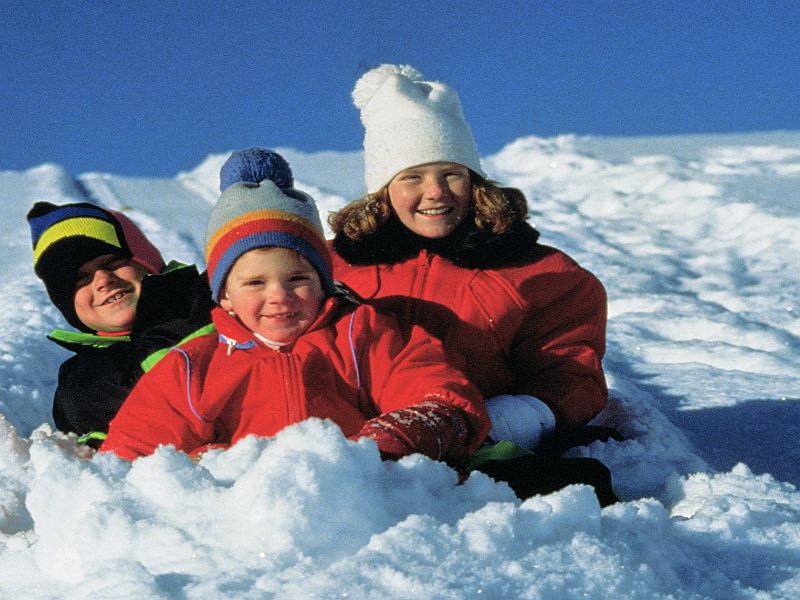
When you’re outdoors enjoying the winter weather, be sure to protect against cold temperature-related injuries, a sports medicine expert says.
These injuries fall into three categories: hypothermia (which is when a person develops a low “core” body temperature); frostbite (freezing injuries of the extremities); and nonfreezing injuries such as immersion foot, also known as “trench foot,” due to prolonged exposure to wet, cold socks and shoes or boots.
Scott Sailor, president of the National Athletic Trainers’ Association (NATA), offers advice on how to keep safe from these types of injuries while skiing, skating, sledding or doing other cold weather activities.
Sailor stresses that it’s important to wear insulated clothing that also enables moisture to evaporate. It’s also helpful to dress in layers that can be adjusted with temperature changes and that allow moisture to evaporate through the innermost layer.
Don’t forget to have extra shoes, socks, gloves and other clothing items available to replace wet clothing, which is a major risk factor for cold injuries, Sailor said.
Other tips include using external heaters, taking regular breaks indoors, eating a well-balanced diet, and staying hydrated.
“If cold injuries do occur, it’s important to recognize symptoms, seek shelter, remove damp clothing and keep the body warm,” Sailor said in an NATA news release.
More information
The U.S. Centers for Disease Control and Prevention has more on winter outdoor safety.
Source: HealthDay

Leave a Reply